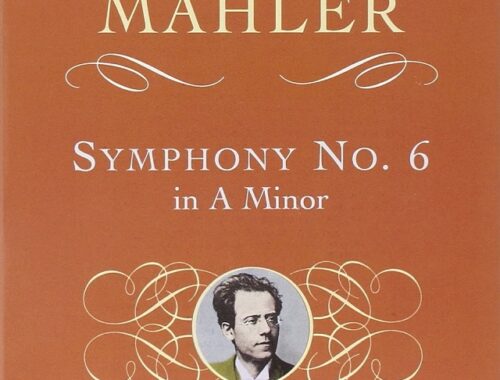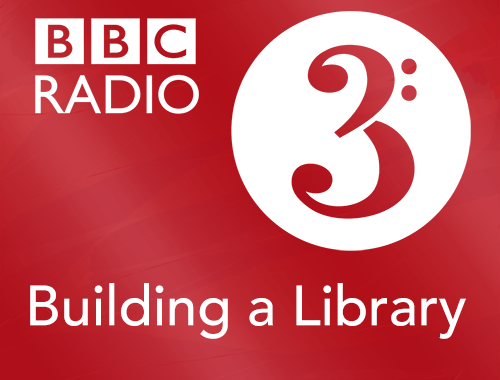Prom 54: Royal Liverpool Philharmonic Orchestra, Petrenko – Review ****
I’m not quite sure what Her Majesty would make of Sir Peter Maxwell Davies’ 9th Symphony or more particularly of the fractured fanfare flourishes which greet her so rowdily and enthusiastically through its opening pages – but as one who has welcomed Mr. Bond 007 into her chambers we know her to be intrepid.
Davies’ 9th Symphony (here receiving its London premiere) is dedicated to Her Majesty and its vigour is certainly fitting – as are its militaristic overtones. The addition of a brass sextet to Davies’ already substantial orchestra ensures that it comes with its very own marching band and in those break-away moments – more Dad’s Army than Colonel Bogey – where Malcolm Arnold would appear to have crashed the celebration Her Majesty (as indeed much of the audience) will have been amused, if caught short, by the double-take effect. I’m not sure the parodistic tone of those moments was quite what Davies intended but as they gradually morph into the reflective slow section of the one-movement symphony the sombre chorales and last post trumpets assume a quiet dignity. The Royal Liverpool Philharmonic under their gifted Russian star, Vasily Petrenko, didn’t just recognise but enlivened all the allusions.
Petrenko is emerging as a very accomplished stylist and the sensitivity and sureness with which he entered Frederick Delius’ very particular sound world with the next piece – the Violin Concerto – was testament to his wonderfully adaptive musicianship. Taking his hand, metaphorically speaking, on this “ramble” through the paradise garden was a great advocate and persuader on behalf of the piece – Tasmin Little. She concentrated our listening and engaged our senses adjusting us to the work’s transient nature and coaxing us through the rhapsodic longueurs (and there are a few) to its ravishing heart. The slow centre of it is easy to love and Little plainly does. Her sweet songfulness and flawless intonation drew us in. There was real artistry at work here on Delius’ behalf.
And on Shostakovich’s behalf his arguably most perfect symphony, the 10th, evolved with inexorable certainty under Petrenko’s baton. Like Tchaikovsky before him there is a die-hard classicist holding fast in Shostakovich’s nature and I can’t remember when I was so very aware of the tortured baroque-like character of passages like the ferocious string counterpoint which drives the first movement to its lowering climax. Or indeed the spare dance-like elegance of the little duet for two clarinets or more chillingly the endgame for two piccolos – small, desolate figures in bleak landscape. Marvelous work here from the RLPO wind principals, as concentrated and finely shaded as the trombones and trumpets were intimidating weighing-in for the kill.
The orchestra is in such great shape with fantastic trenchancy from the strings in the Stalin evoking tornado of the scherzo. Rarely, too, has the audacity of the composer’s shamelessly flaunted musical monogram – four notes in obsessive repetition – felt so much like an exclamatory “this is me and I will have the last word!” Despite the best efforts of the RLPO’s ear-popping horns it’s the timpanist who drums home that message.
You May Also Like

GRAMOPHONE: From Where I Sit – August 2020
19/08/2020
BBC RADIO 3 – CD REVIEW “BUILDING A LIBRARY” Saturday 8 March
14/01/2014